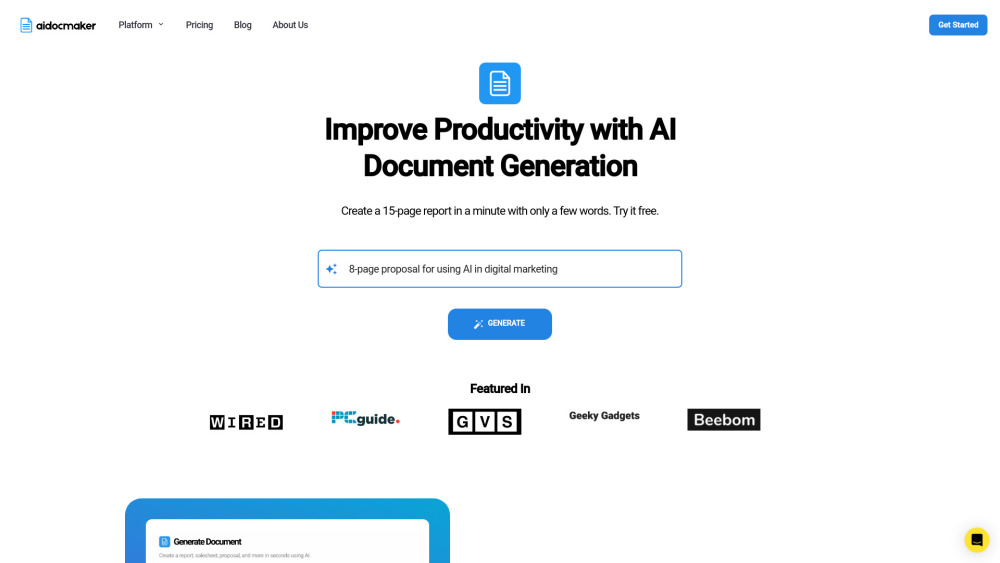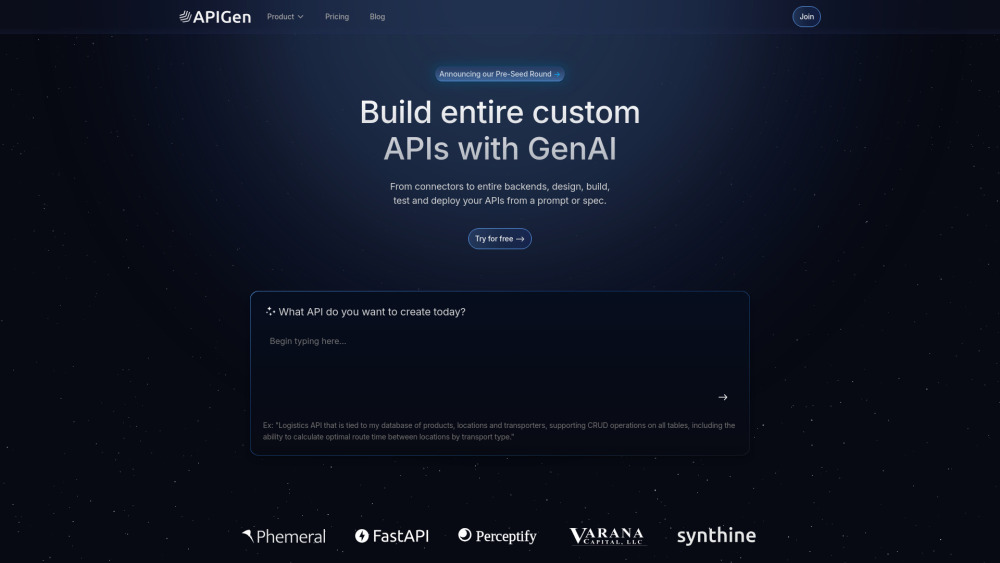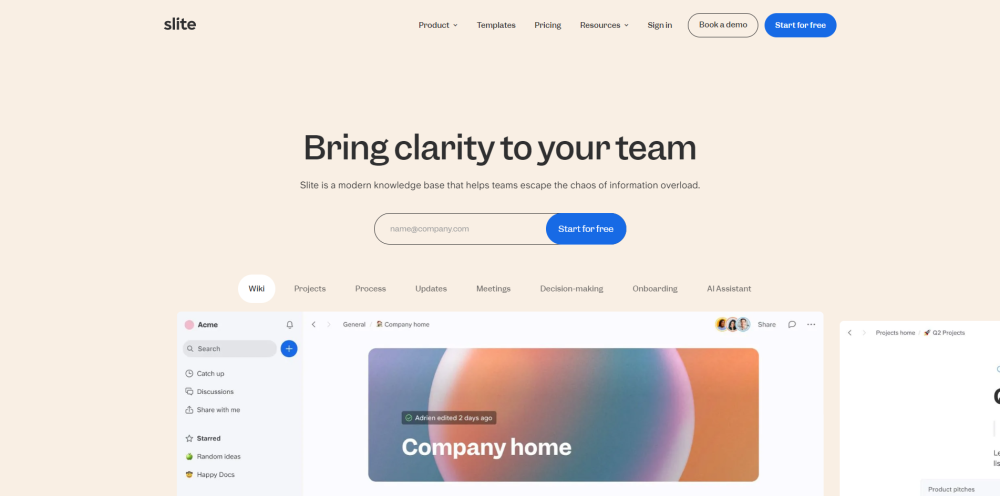Generative AI is transforming the creative landscape, particularly through innovative text-to-image AI models like Midjourney and OpenAI’s DALL-E 3. These advanced systems can turn virtually any description—whether it’s concise or elaborate—into stunning visual art that appears as if it was crafted by a skilled artist.
However, a significant issue looms over this technology: many AI models have been trained on artistic works without the consent or knowledge of the original creators. While a handful of companies have started to compensate artists or provide options to "opt out" of their models, many still exclude artists from the process.
In the absence of clear regulations from courts and Congress, activists and entrepreneurs are developing tools to empower artists to protect their work from being used in generative AI training. One such tool, Nightshade, launched recently, subtly alters the pixels in an image to mislead AI models, making them perceive the artwork differently than it truly is. Similarly, Kin.art employs image segmentation—obscuring certain parts of artworks—and randomizing metadata tags to disrupt the training process.
Kin.art's latest tool was co-developed by Flor Ronsmans De Vry, alongside Mai Akiyoshi and Ben Yu. Ronsmans De Vry elaborated in an interview that generative models rely on extensive datasets of labeled images to learn the connections between textual concepts and visuals. For instance, the word “bird” can encompass many types, from bluebirds to the abstract idea of a bird itself. By altering the image or its associated labels, artists can make it challenging for companies to integrate their work into AI training datasets.
“Creating a harmonious ecosystem for traditional and generative art has emerged as a key challenge within the art world,” Ronsmans De Vry noted. “We believe this begins with an ethical approach to AI training that respects artist rights.”
Ronsmans De Vry emphasizes that Kin.art’s innovative method offers advantages over existing solutions, as it does not necessitate cryptographic modifications to images, which can be costly. Yet, it can be used alongside such methods for additional protection.
“Many other tools available try to mitigate damage after the fact by 'poisoning' existing datasets," he said. "In contrast, we focus on preventing your artwork from being included in the first place.”
Currently, Kin.art’s tool is free for artists who upload their creations to the Kin.art platform. The strategy likely aims to guide users towards Kin.art’s paid services for connecting artists with commissions, which form the backbone of their business model.
However, Ronsmans De Vry presents this initiative as largely philanthropic, promising that Kin.art will soon make the tool accessible to third-party platforms as well.
“After thoroughly testing our solution on our own platform, we aim to provide it as a service for small websites and larger platforms, enabling them to safeguard their data against unlicensed use,” he explained. “In today’s AI-driven age, owning and defending your platform’s data has never been more crucial. While some platforms can restrict data access to non-users, others must operate openly and require solutions like ours.”
Through innovative tools like Kin.art, the art community can forge a path that respects and upholds the rights of artists in the world of generative AI.




